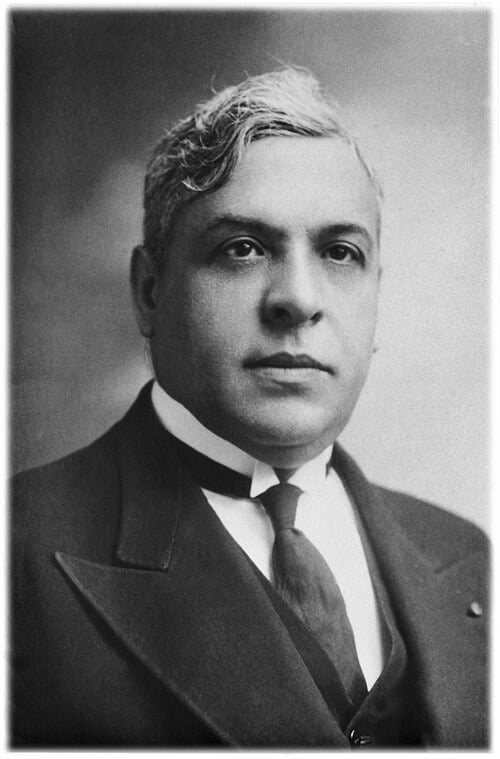Aristides de Sousa Mendes is truly one of history’s unsung heroes, a Portuguese diplomat whose extraordinary moral courage during World War II saved thousands from Nazi persecution. Despite facing severe personal consequences, he chose to follow his conscience over orders from the Portuguese government. Here are twelve remarkable facts about this extraordinary man who was described by Portuguese President Mário Soares as “Portugal’s greatest hero of the twentieth century.” The Portuguese TV program Os Grandes Portugueses voted Aristides de Sousa Mendes the third greatest Portuguese person of all time. If you’ve never heard of Aristides de Sousa Mendes before today, we hope you remember him long after you’ve finished this article.
1. He was born into the Portuguese aristocracy and had a twin brother.
Aristides de Sousa Mendes do Amaral e Abranches was born in July 1885 in Cabanas de Viriato, Portugal together with his twin brother César. They were born into a family of aristocrats. Their mother, Maria Angelina Coelho Ribeiro, was a granddaughter of the 2nd Viscount of Midões, and their father, José de Sousa Mendes, was a judge on the Coimbra Court of Appeals. This privileged background would later make his sacrifice even more remarkable.
2. He worked in all corners of the globe before his final posting in Bordeaux, France.
After studying law at the University of Coimbra, where he graduated in 1908, Sousa Mendes embarked on a global diplomatic career that would take him and his family around the world. His postings included British Guiana, Zanzibar, Curitiba, San Francisco, Porto Alegre, Vigo, and Antwerp before he was assigned as Consul-General of Bordeaux, France in 1938, with jurisdiction over the whole Southwest of France.
3. He married his cousin and had 14 children.
In 1908, the same year he completed his law degree, Sousa Mendes married his childhood sweetheart, Maria Angelina Coelho de Sousa Mendes, who was also his cousin. Their union was blessed with fourteen children, born in various countries where he served as a diplomat. His family would later play a crucial role in his rescue operation, helping him issue life-saving visas during the darkest days of World War II.

4. The fateful Circular 14 changed his life.
On November 11, 1939, after the outbreak of World War II, the Portuguese government issued Circular 14 to all Portuguese consuls throughout Europe. This directive explicitly prohibited issuing visas to “Jews expelled from their countries,” stateless persons, and anyone who could not freely return to their country of origin. This racist and inhumane order would soon force Sousa Mendes to make the most important decision of his life.

5. He faced a moral challenge that ultimately led him to help everyone that he could.
A pivotal moment in Sousa Mendes’ story came through his friendship with Chaim Kruger, a Chassidic Rabbi fleeing with his wife and five children. When Sousa Mendes offered him a visa, Kruger refused to accept unless all his “brothers and sisters,” which he considered the mass of Jewish refugees stranded in Bordeaux, received visas too. This moral challenge plunged Sousa Mendes into what has been described as “a moral crisis of incalculable proportions,” ultimately leading to his decision to help everyone he could.
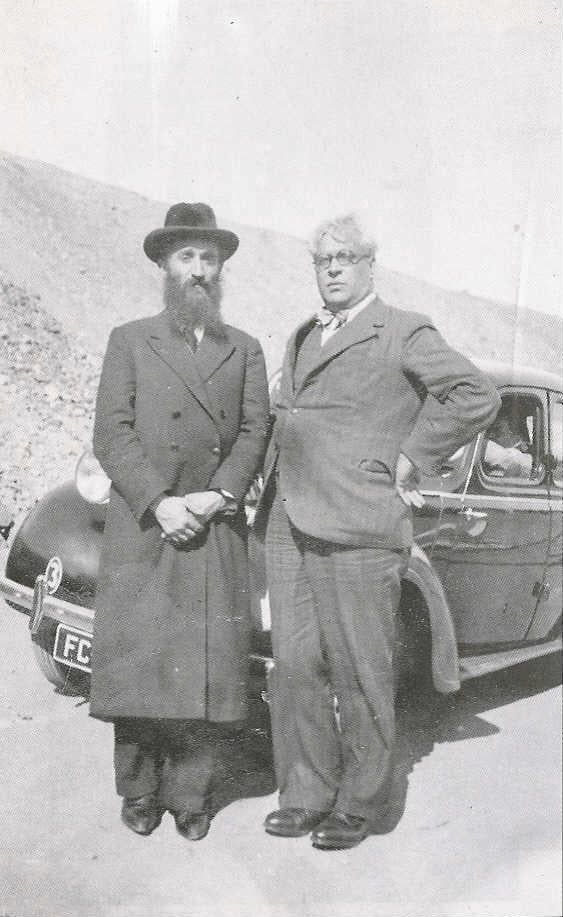
6. He chose to stand with God and against man.
On June 17, 1940, after a period of intense internal struggle, Sousa Mendes emerged with a clear conviction to defy his government’s orders. He declared: “From now on I’m giving everyone visas. There will be no more nationalities, races or religions.” When faced with opposition from his own family members, he reportedly stated, “I would rather stand with God and against man than with man and against God,” which demonstrated the profound moral and religious conviction behind his actions.
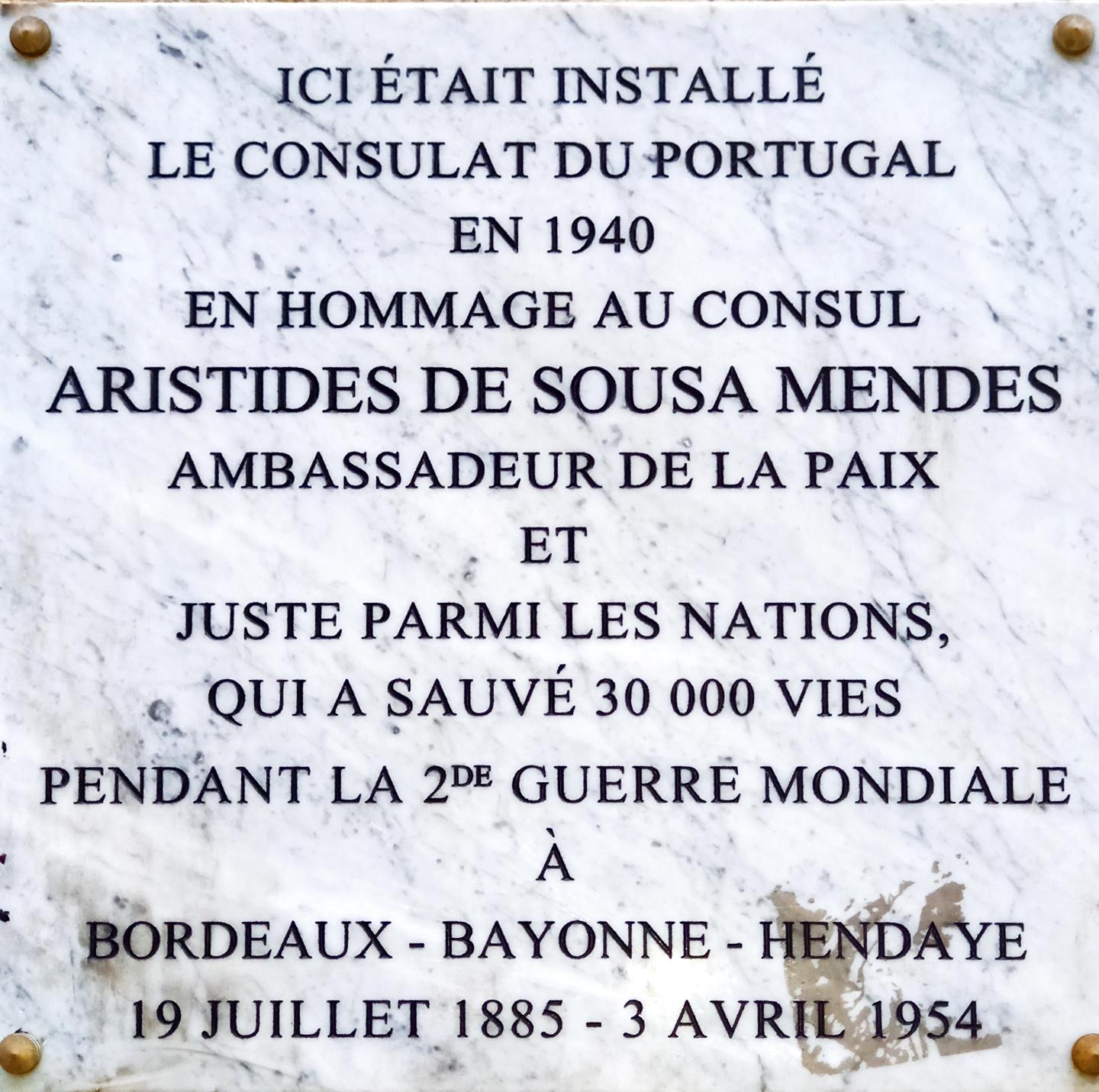
7. He set up a visa assembly line during World War II.
As Nazi forces approached, Sousa Mendes set up what has been described as an “assembly line” process to issue as many visas as possible. Working tirelessly with his wife, sons Pedro Nuno and José Antonio, his secretary José Seabra, Rabbi Kruger, and several refugees, he issued thousands of visas in just a few days. This frantic operation would later be described by Holocaust scholar Yehuda Bauer as “perhaps the largest rescue action by a single individual during the Holocaust.”
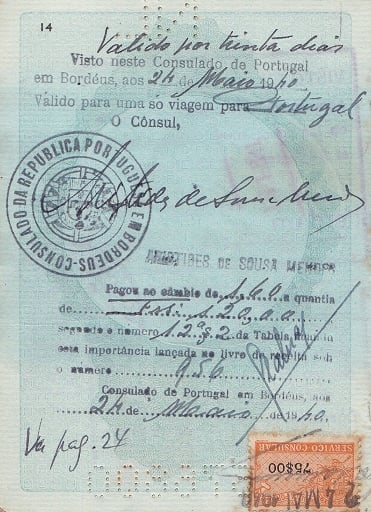
8. He saved many notable World War II refugees including Salvador Dalí.
Among the thousands saved by Sousa Mendes was the famous surrealist painter Salvador Dalí, whose Russian wife Gala was directly threatened by Circular 14. Other notable visa recipients included actor Marcel Dalio (who later appeared in “Casablanca”), Grand Duchess Charlotte of Luxembourg, Otto von Habsburg (heir to the Austrian throne and a nemesis of Hitler), and Maurice de Rothschild (art collector, vintner, and Senator of France). Even the creators of the beloved children’s book character “Curious George,” H.A. Rey and Margret Rey, owed their escape to Sousa Mendes.
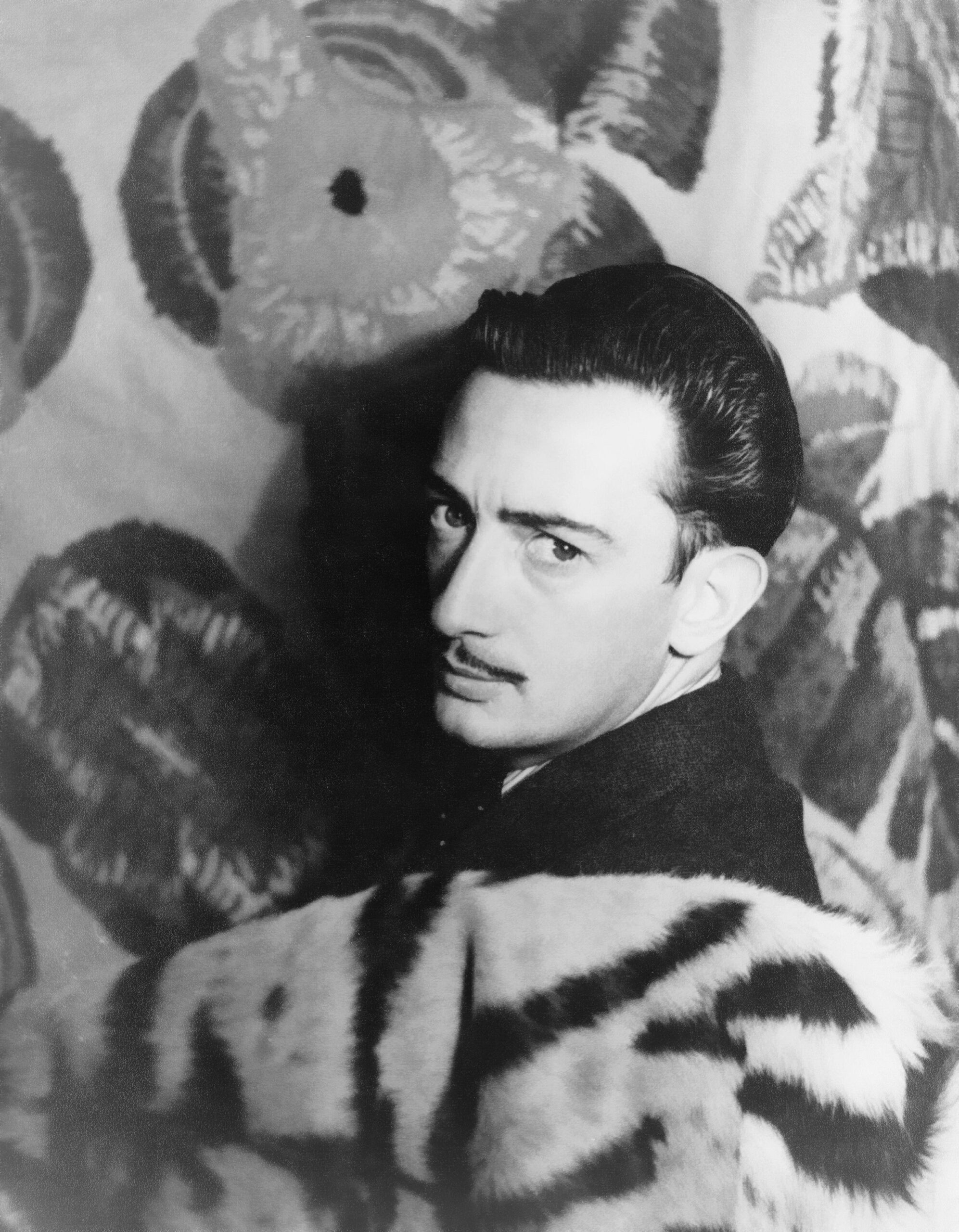
9. He personally led refugees across the border.
Even after being recalled to Portugal, Sousa Mendes continued helping refugees. In one dramatic episode, he encountered a large group of stranded refugees who had been turned away at the border because the Portuguese government had ordered guards not to honor his visas. Sousa Mendes led them in his diplomatic car to a remote border checkpoint without telephones, guiding them across the border to freedom in his official diplomatic vehicle.
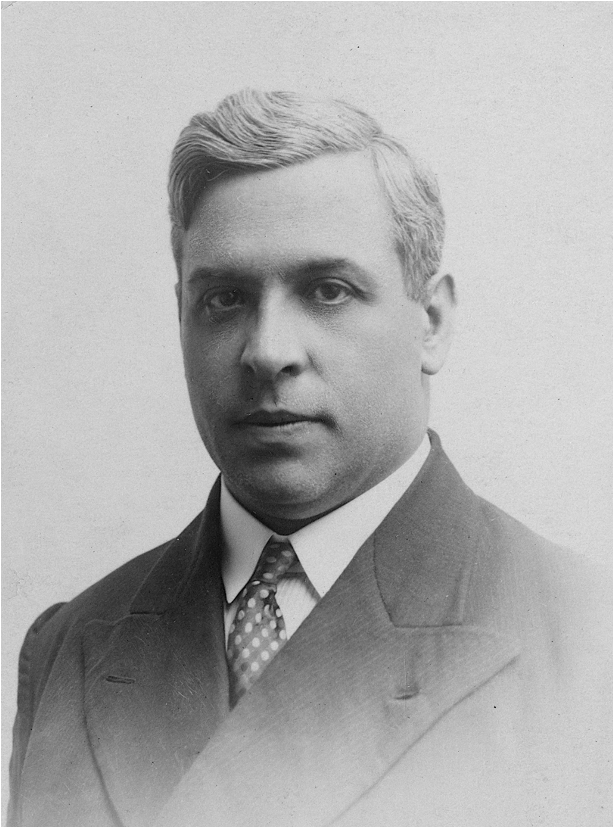
10. He was punished severely by Salazar himself upon his return to Portugal.
Upon returning to Portugal in July 1940, Sousa Mendes faced a severe disciplinary proceeding for disobeying orders. Dictator António de Oliveira Salazar personally imposed the sentence: one year of inactivity with half-pay, followed by forced retirement. Beyond the official punishment came social banishment and financial ruin. The family was blacklisted, lost their home, and was reduced to taking meals at a Jewish soup kitchen in Lisbon. When told the soup kitchen was intended for refugees, Sousa Mendes poignantly replied, “But we too are refugees.”
11. He never regretted his actions.
Despite the severe consequences, Sousa Mendes never regretted his actions. He reportedly said, “I could not have acted otherwise, and I therefore accept all that has befallen me with love.” To his lawyer, he wrote: “In truth, I disobeyed, but my disobedience does not dishonour me…Above the order, for me, there was God’s law, and that’s the one I have always sought to adhere to without hesitation.” He died in poverty on April 3, 1954, while still being seen as a disgrace by the Portuguese government.
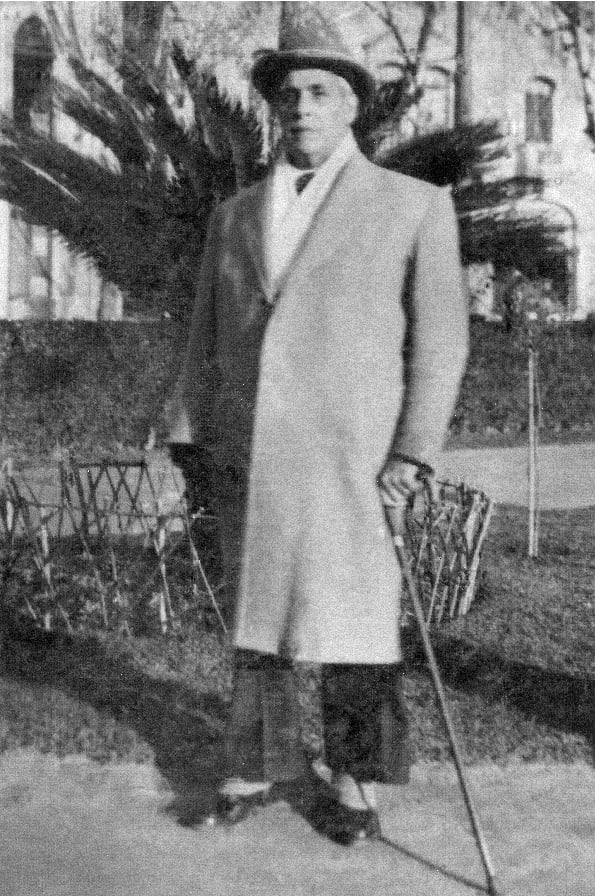
12. A museum dedicated to his life and heroic actions opened on July 19, 2024.
For decades after his death, Sousa Mendes remained virtually unknown in Portugal. The turning point came after the 1974 Carnation Revolution, which overthrew the dictatorship. In 1987, he was posthumously awarded the Order of Liberty medal, and in 1988, the Portuguese parliament officially dismissed all charges against him by unanimous vote, restoring his diplomatic honors. In 1995, President Mário Soares declared him “Portugal’s greatest hero of the twentieth century.” Finally, on July 19, 2024, 139 years to the day after his birth, the Aristides de Sousa Mendes Museum was inaugurated in his hometown of Cabanas de Viriato, housed in his former family home, Casa do Passal, which had earlier been designated a National Monument of Portugal.
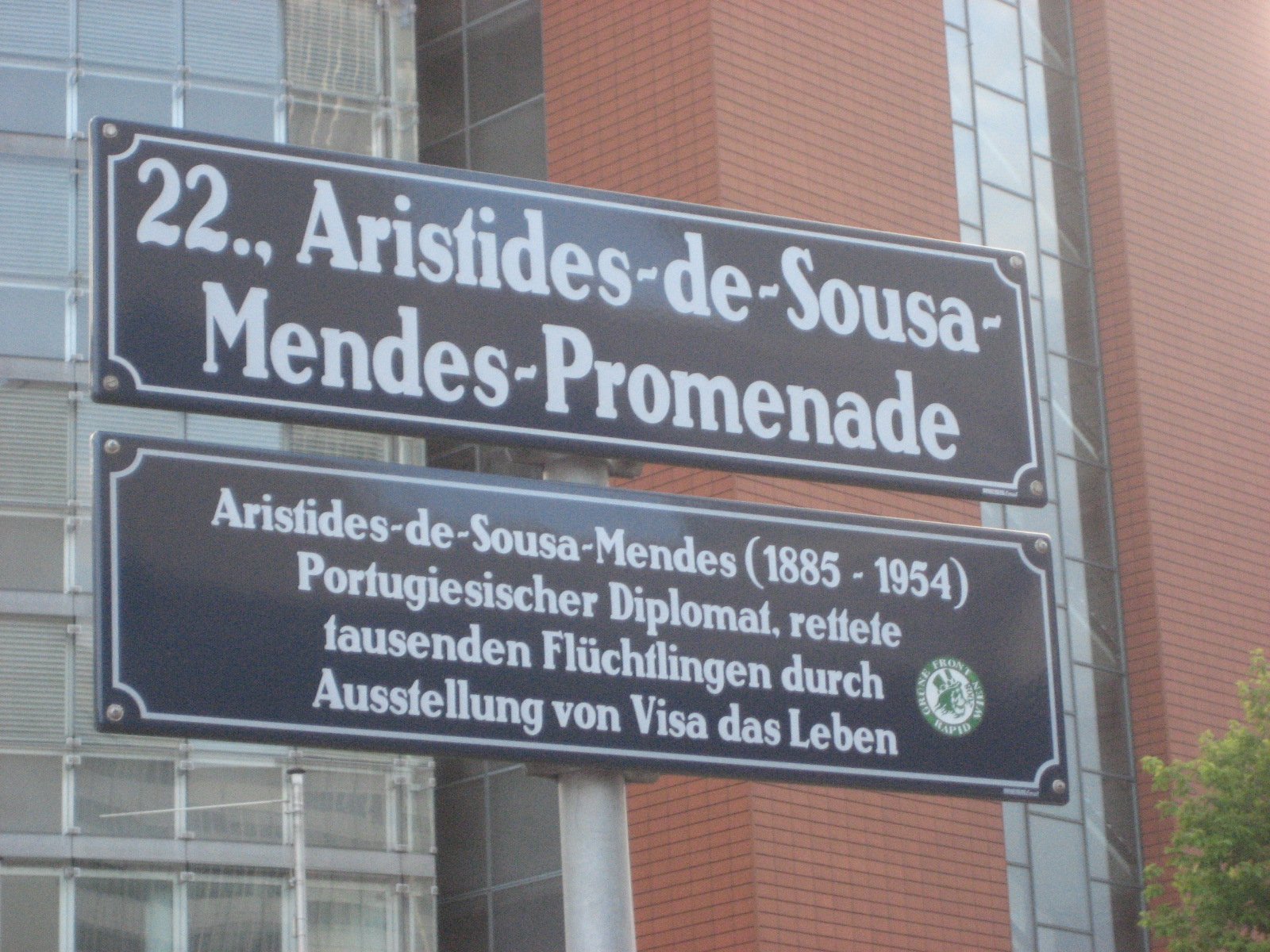
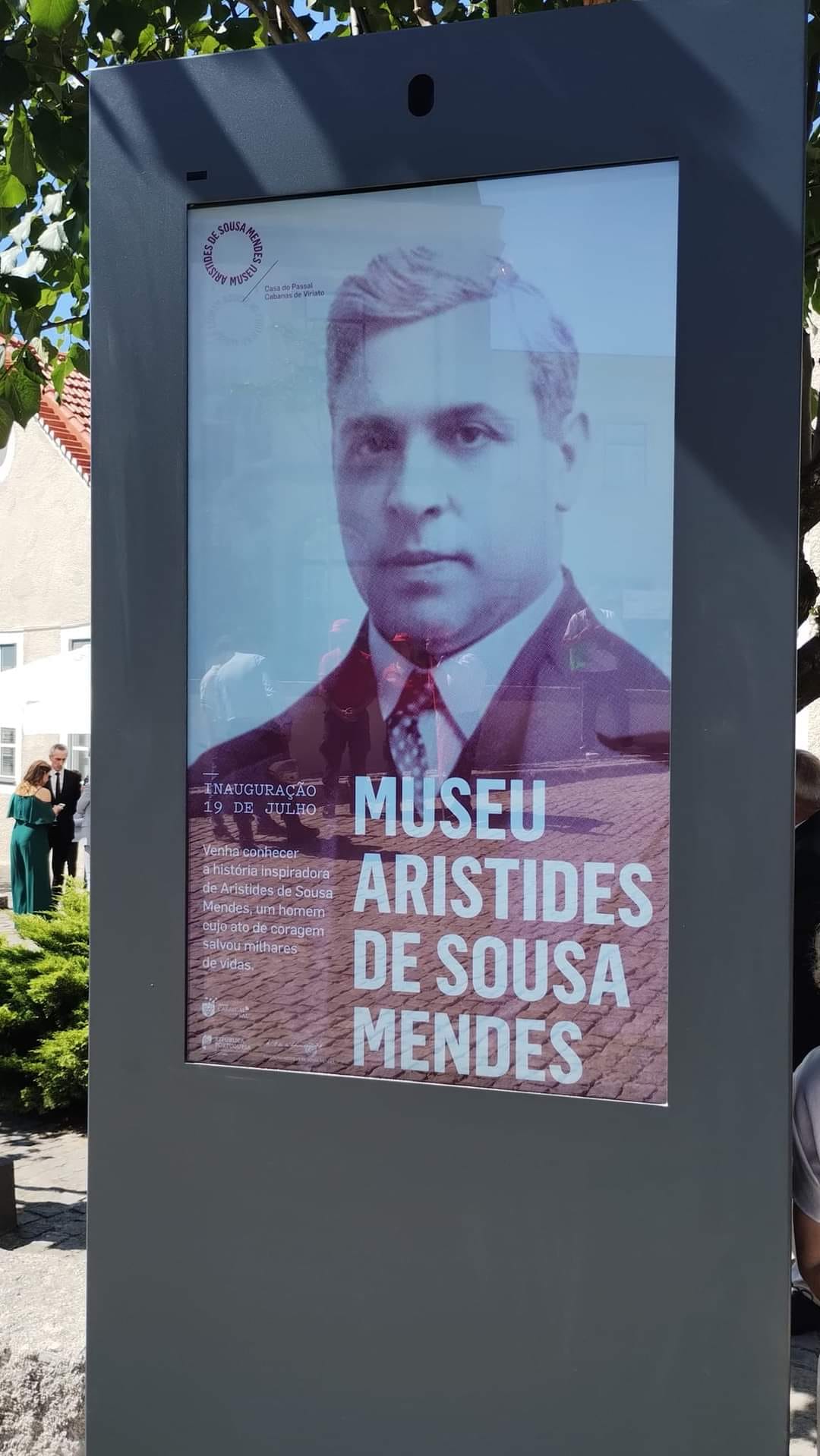
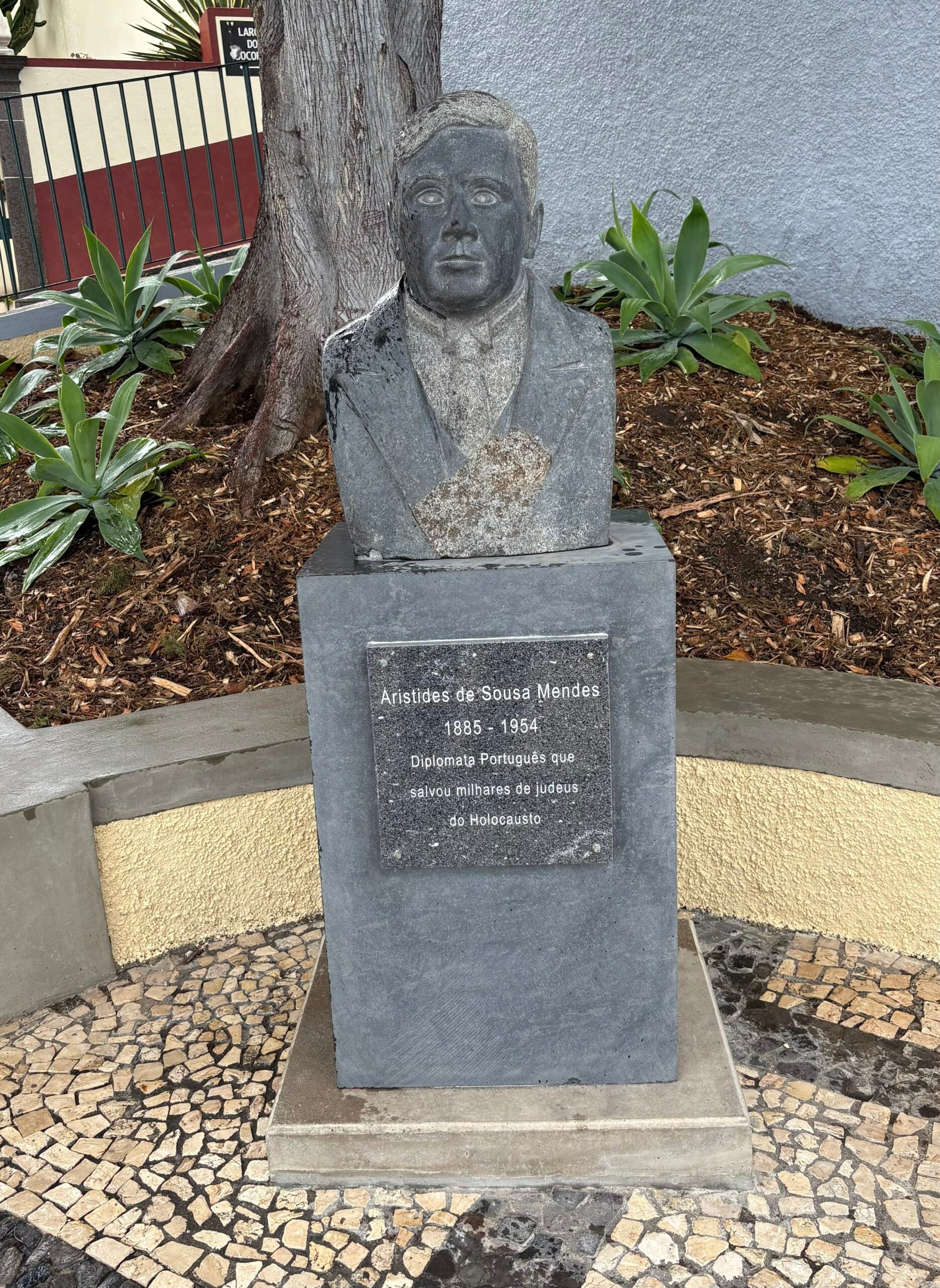
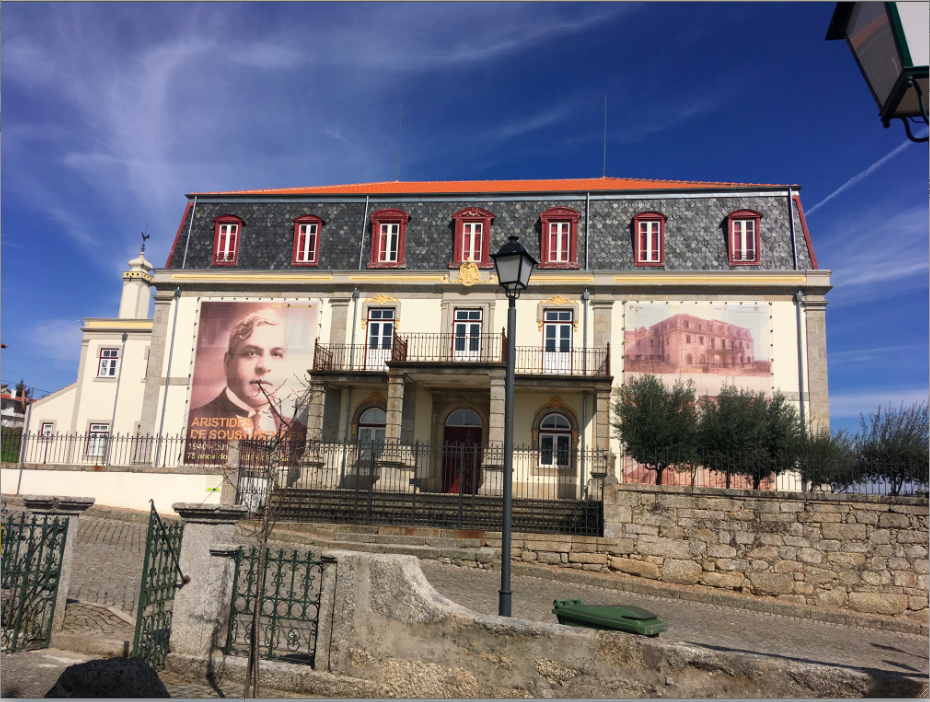
Final Thoughts
Aristides de Sousa Mendes’ legacy continues to inspire people worldwide as a shining example of moral courage in the face of evil. As Holocaust scholar Yehuda Bauer noted, his actions represent “perhaps the largest rescue action by a single individual during the Holocaust,” a testament to how one person’s conscience can make a profound difference in the world.

